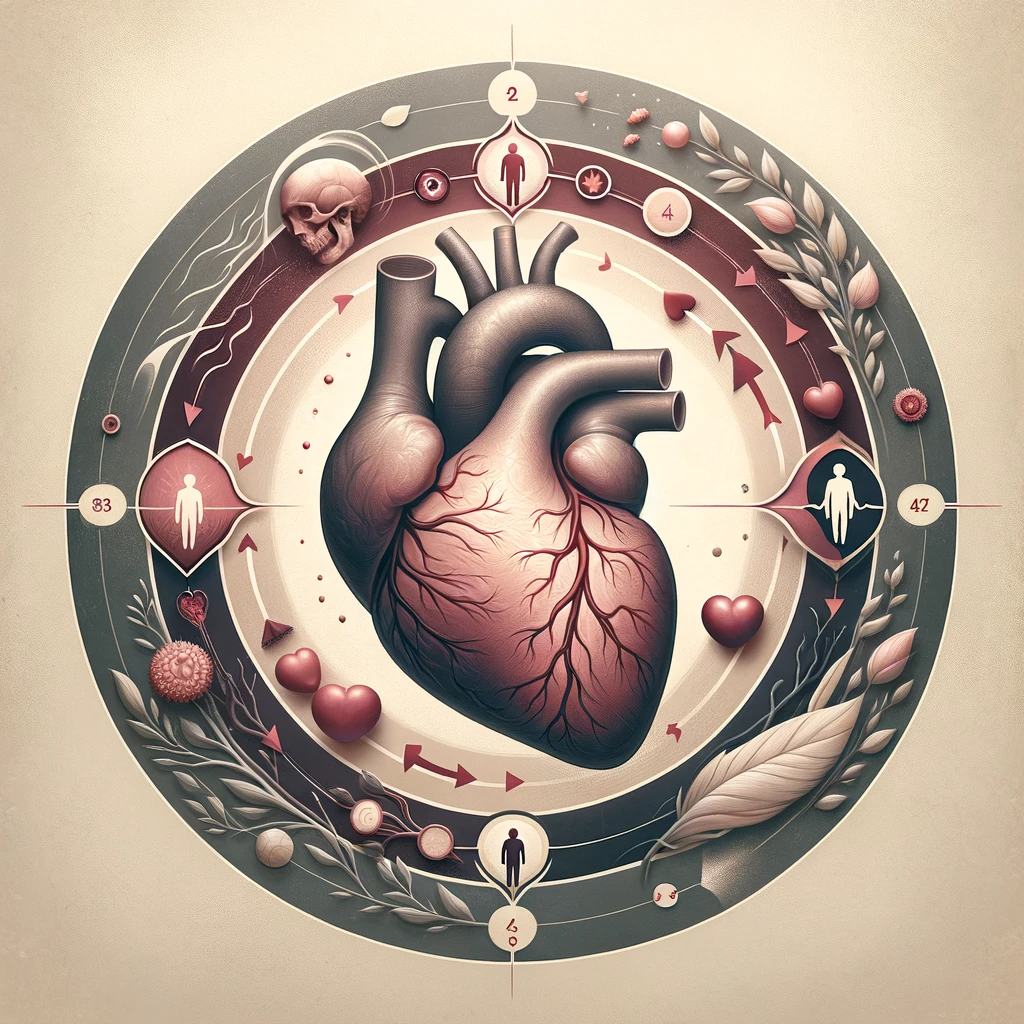Every day, millions take to the roads, unaware that their routine commute could be a silent predator to their heart health. “Deadly Drive: Discover Now How Your Daily Traffic Jam is a Silent Heart Killer” delves into the unseen dangers lurking in the stop-and-go of traffic congestion. This blog uncovers the startling link between everyday commutes and increased risks of heart-related issues, offering crucial insights and protective strategies to safeguard your health against this hidden menace.
Rush-Hour Commute Might Be Harmful for Your Heart—A Look into Traffic-Related Air Pollution & Its Impacts
Researchers at the University of Washington have recently reported concerning findings that suggest exposure to unfiltered air during rush-hour traffic can significantly spike passengers’ blood pressure levels. This study not only sheds light on the direct impacts of rush-hour traffic but also highlights an overlooked factor of modern life that could foster chronic health conditions over time.
Traffic Exposure: More Than Just a Stressor
Rush-hour traffic is often seen as a nuisance, causing stress and lost time. However, scientists from the University of Washington have now begun to unravel a deeper layer of concern. The study highlights not just the immediate effects of exposure to unfiltered air during traffic but suggests that such exposure can create lasting health repercussions up to 24 hours later.
The Study’s Findings: Blood Pressure Problems
In essence, the findings suggest that air pollution from rush-hour traffic significantly increases blood pressure in passengers, both during their commute and for a prolonged period afterward. This alarming revelation shows that regular exposure to unfiltered air from traffic may have more serious health consequences than previously assumed, potentially leading to chronic cardiovascular problems due to repeated blood pressure spikes.
The Overlooked Threat of Air Pollution
The link between air pollution and health problems is not a new discovery; however, extending this understanding to include the specific exposure to unfiltered air during rush-hour traffic brings a new dimension to the conversation. Researchers believe that understanding this dynamic could be vital in developing strategies to protect public health, particularly in urban areas with dense traffic.
Significance of This New Insight
This research could show a new path by linking a common daily activity like commuting during rush hour to potential health risks. This information may encourage a re-evaluation of current pollution control measures and the promotion of cleaner, greener transportation options. Indeed, the impact of this study could reach far beyond individual health, influencing urban planning and transportation policies as we strive to build healthier cities.
In conclusion, the University of Washington’s recent discovery about the potential health impacts of rush-hour commuting highlights a critical intersection between modern life and public health. As we continue to explore these links, it’s increasingly clear that our daily choices—from the route we drive to work, to the type of vehicle we choose—can have profound impacts on our health. Additionally, the study brings to the fore the need for cleaner, greener modes of transport and improved urban planning to counteract the effects of traffic-related air pollution. Through rigorous research and sensible policy, we can work towards mitigating these risks and fostering a healthier, more sustainable future.
Original article: https://studyfinds.org/take-the-scenic-route-rush-hour-traffic-spikes-blood-pressure-as-much-as-high-sodium-diet/


